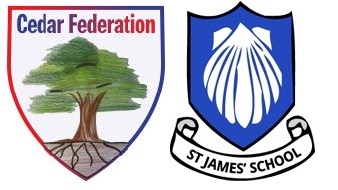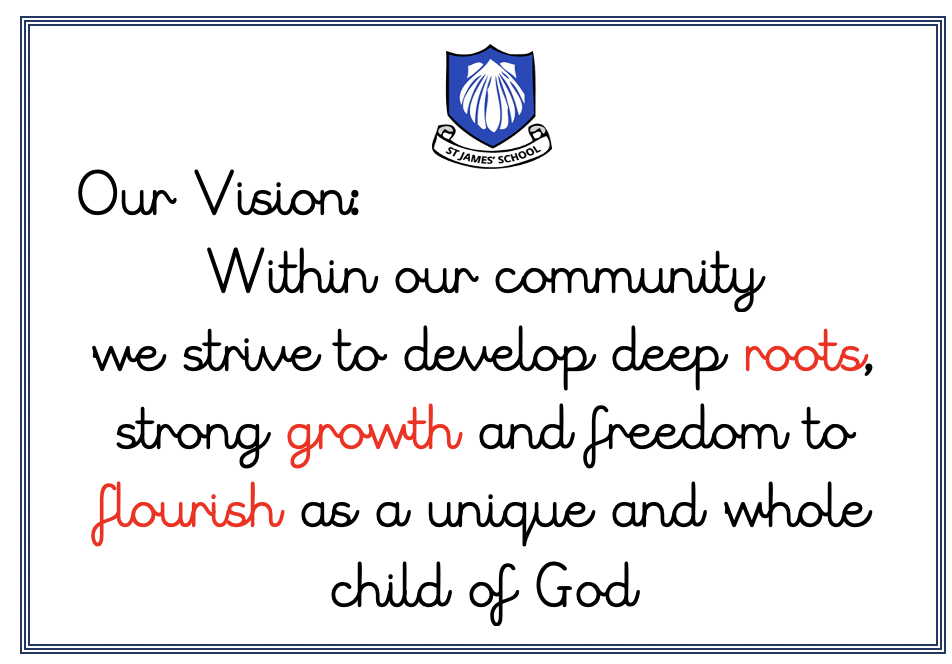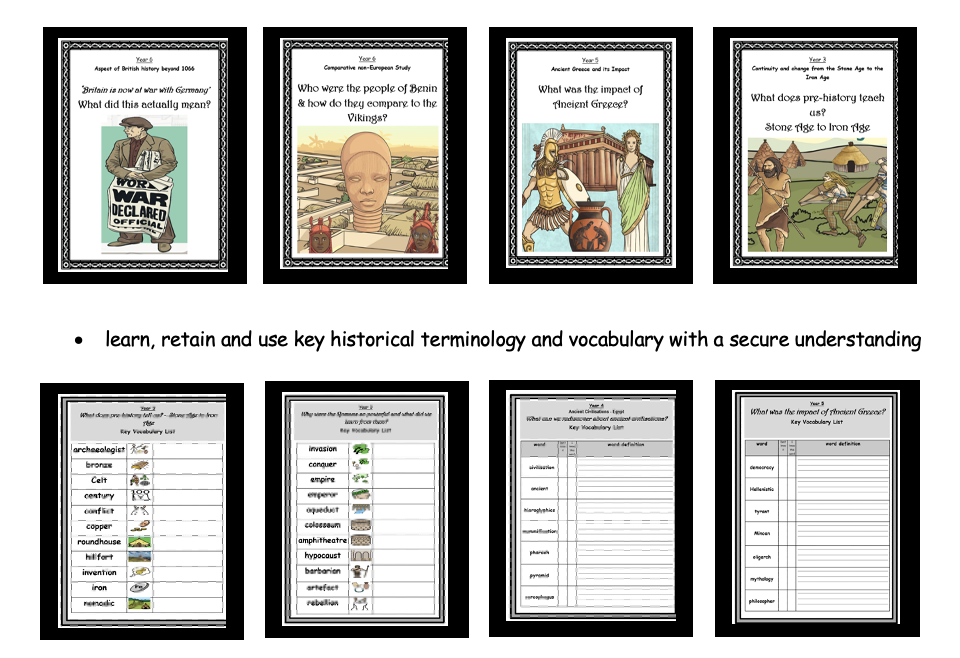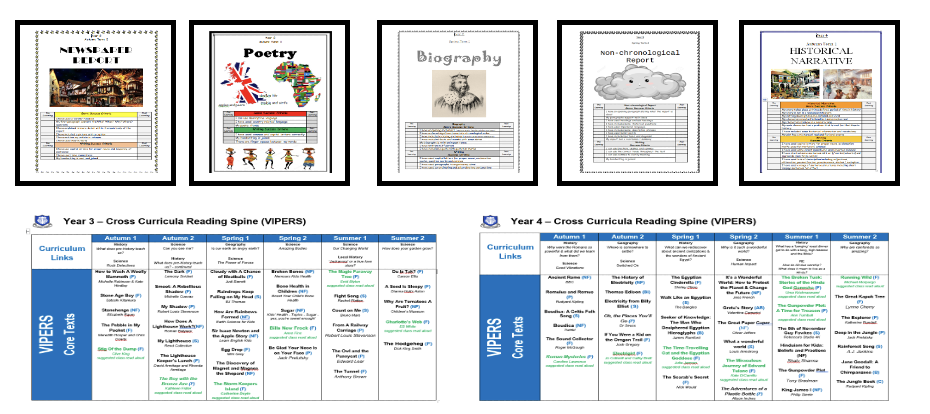Humanities : History/Geography Curriculum
Welcome to our Humanities page!
question driven evidence collectors - ‘feeding’ inquisitive minds creatively
Intent – What are we trying to achieve?
Our intent for humanities is to develop children who are curious with a thirst for knowledge. Through our curriculum, we inspire children to become independent, critical thinkers equipped to tackle big questions. We encourage a fascination with the world and its history that will remain with them for the rest of their lives.
In geography, we intend to stimulate children’s interest in their surroundings and in the variety of human and physical conditions on the Earth’s surface; foster children’s sense of wonder at the beauty of the world around them; help children to develop an informed concern about the quality of the environment and the future of the human habitat and enhance children’s sense of responsibility for the care of the Earth and its people.
In history, we intend to develop a sense of time, placing events, people and changes within a chronological framework; develop a knowledge of the characteristics of people living in particular periods, including attitudes and beliefs and their social, cultural, religious and ethnic diversity; to identify different ways in which the past is represented and make thoughtful use of a variety of sources; to develop the skills of enquiry, investigation, analysis, evaluation and presentation; to develop the ability to describe and analyse reasons and results of events, situations and changes studied, making links between periods; have a lasting interest in, and enjoyment of, learning about the past.
The humanities' curriculum offers a wealth of possibilities for contexts and tasks where our children can apply their knowledge, skills and understanding creatively. A variety of approaches are used to cater for differing learning styles: visual, auditory and kinaesthetic.
Implementation – How can we ensure our intent is put into practice?
At St James’ we have developed a bespoke humanities curriculum to ensure stimulating and motivating experiences. ‘Big Enquiry Questions’ are clearly set out and offer possible teaching activities to cover the skills, understanding and knowledge of each subject area. Each year group has at least two history enquiries and two geography enquiries, plus a local history heritage study and a geographical skills' enquiry. The concept of the enquiry approach enables children to work through a principal ‘Big Enquiry Question’ which is answered through subsidiary questions. Children are taught the key geography and history skills through these questions, which may also offer the opportunity for cross-curricular and creative work linked to Art & Design, Maths, English and Computing. Each enquiry ends with a reflection of their learning, by answering the Big Enquiry Question. We expect that children complete at least two written reflections whilst the others can be more creative to reflect on and answer the Big Enquiry Question. For example: museums/art galleries; teaching another year group; presentations to parents, governors or teachers; Reflections encourage children to make the most of their oracy and ICT skills.
In order to achieve these intensions in geography pupils are given opportunities to:
• carry out fieldwork
• learn how places are similar and different; how they are linked to other places and to the wider world
• learn about the physical and human features of environments and how we are influenced by, and affect, environments.
• carry out investigations which focus on geographical questions
• develop geographical enquiry and skills.
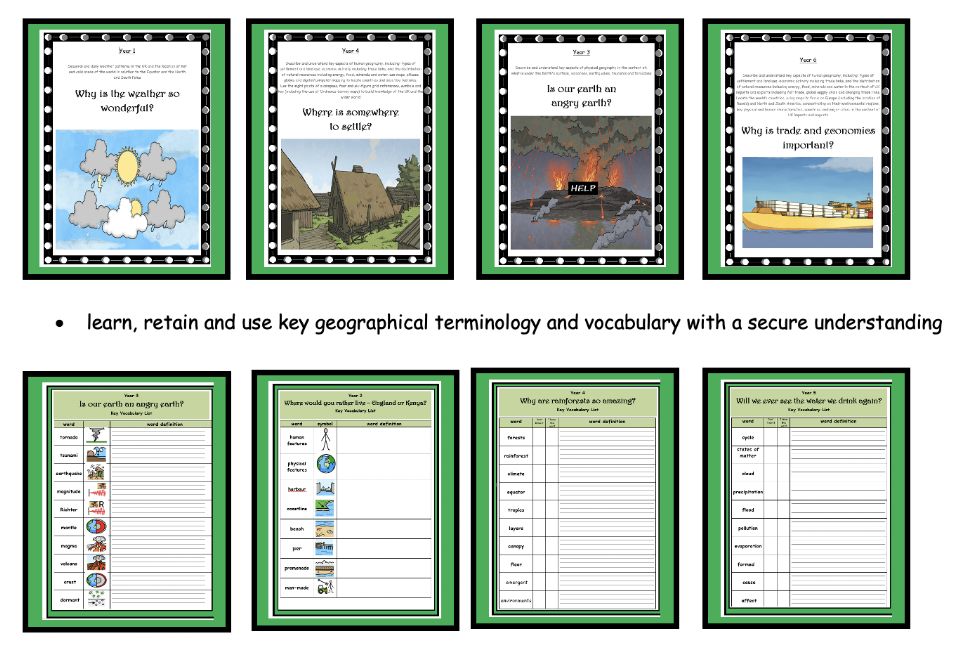
|
In order to achieve these intentions in history, pupils are given opportunities to: * develop a sense of time, placing events, people and changes within a chronological framework * develop a knowledge of the characteristics of people living in particular periods, including attitudes and beliefs and their social, cultural, religious and ethnic diversity * identify different ways in which the past is represented and make thoughtful use of a variety of sources * develop the skills of enquiry, investigation, analysis, evaluation and presentation * develop the ability to describe and analyse reasons and results of events, situations and changes studied, making links between periods * have a lasting interest in, and enjoyment of, learning about the past.
Humanities in the Foundation Stage The Early Years and Foundation Stage children currently follow the Early Years Statutory Framework, with Humanities as part of ‘Knowledge and Understanding of the World’. In this area of learning, children develop crucial knowledge, skills and understanding that help them to make sense of the world around them. This forms the foundation for later work in Science, Design and Technology and Computing, as well as History and Geography. Children in EYFS have opportunities to:
and traditions.
another.
See attachment below for more details |
